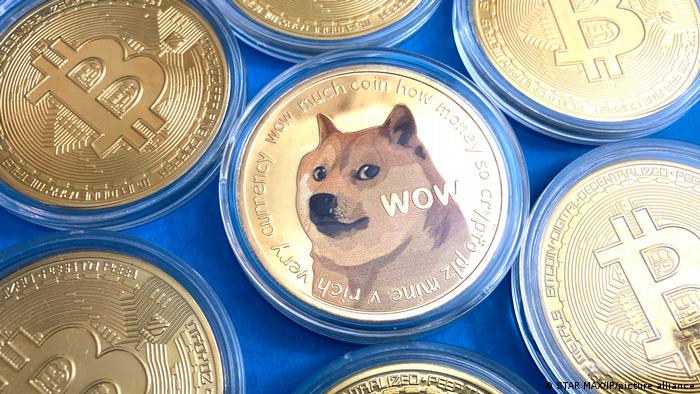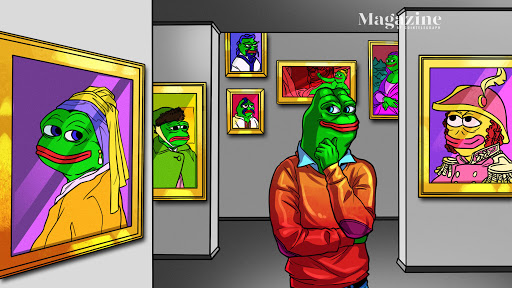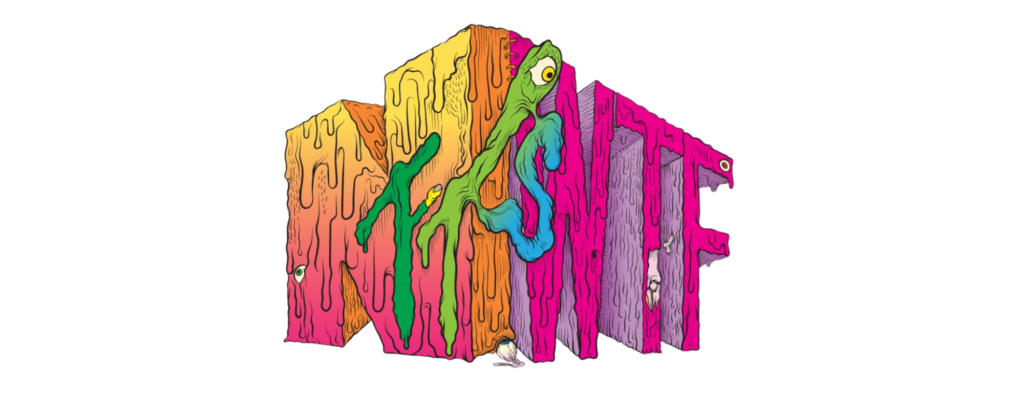With the spotlight on non-fungible tokens unlikely to fade anytime soon, it was only a matter of time before memes showed up to the party with their entire crew. Meme.com, the new digital platform for fine memes, was officially announced on May 19th, after raising $5 million from a group of both blockchain-centric venture capitalist firms as well as independent investors.
The announcement was made on Twitter by Meme Explorers and in a Medium piece written by MarbleCards co-founder Johan Unger. The valuation capabilities that are built into Marble.Cards will also be a part of Meme.com. According to Unger, the platform was built specifically as a “crypto-economic system that can track the value of memes.”
The co-founder of Polygon, Sandeep Nailwal, also contributed to the initial funding round for the new marketplace. Polygon (formerly Matic) is an Indian-based blockchain startup focused on scalability and the creation of a multichain ecosystem on the Ethereum network.

The arrival of Meme.com marks the beginning of a new era for this internet phenomenon. NFTs have re-fueled the ongoing debate over what qualifies as art, but memes have already established themselves as a textbook example of postmodern, often absurdist, art.
Memes have always been defined as “units of cultural information spread through imitation” ever since the term was coined in 1976. And regardless of which side of the art conversation you’re on, memes have shown their value on the first-hand NFT market, with a 1 of 1 edition of the Nyan Cat selling for 300 ETH ($710,448.00 when this article was written) on NFT invite-only marketplace Foundation.
The first internet meme, Baby Cha Cha, aka the dancing baby, appeared in 1996. Flash forward to 2021, and we now have fine memes and trends, courtesy of MarbleCards.

Humor is a big part of meme culture, and references to iconic memes such as Pepe the Frog and Doge can be seen on the landing page for Meme.com. At the moment, users can sign up for the new online space, but the marketplace is not yet live. However, the meme.com website is full of whimsical wordplay, billing itself as the “The Majestic Establishment of Memetic Exploration.” Please send us your favourite usage of the word “memetic” @NFTSwtf on twitter.
But what exactly is this site for? Meme.com describes itself as a combination of Wikipedia and Dogecoin. What that means exactly is anyone’s guess, but from our context clues and public information, it will definitely involve cryptocurrency, altcoins, and an open-source database.
Meme coins, which started more or less as a joke, have shown both their value and volatility over recent months. In the span of less than a week, the price of these coins dropped dramatically. On May 8th, Elon Musk hosted Saturday Night Live and joked (was serious?) that Doge was “just a hustle.” Four days later, Ethereum founder Vitalik Buterin traded a large quantity of dog meme coins that were sent to his wallet address for ETH. He then donated this Ethereum to the India coronavirus relief fund, Crypto Covid. The owners of these meme coins sent half of their token supply to Buterin’s public Etherum wallet address in a burn attempt. However, because he chose to sell them, the price for these coins dipped dramatically. According to data compiled by Coinmarket cap, the Dogecoin was worth approximately $0.3203 at 4:30 pm EST on Friday. May 28th. Soon after, Dogecoin was trading at roughly 72 cents on May 8, the same day as Musk’s SNL appearance.
Cryptocurrency is known for its volatility, but that hasn’t stopped new meme coins from entering the market. As of this writing, the meme data sector on CryptoSlate includes 41 meme coins, from Garlicoin and Banano to CUMROCKET CRYPTO.

Though they’ve been dubbed “shitcoins,” meme coins are thriving in the Asian crypto market, which may open up the door for a thriving collectible and art market. China already owns 20% of the global art market share.
For an interview with Coinbase, head of investment at Digital Finance Group, Joanna Ling talked about the firm’s funding support for Meme.com. “We believe that memes and meme markets, such as Meme.com, are promising and innovative ways to empower users who find or create trends,” says Ling.
Solutions that financially reward cultural influencers continue to be released and developed, each with different value metrics. How the market lands is anyone’s guess, but the evolution of decentralized finance and advancements in blockchain technology are creating an exciting environment for exploration.



